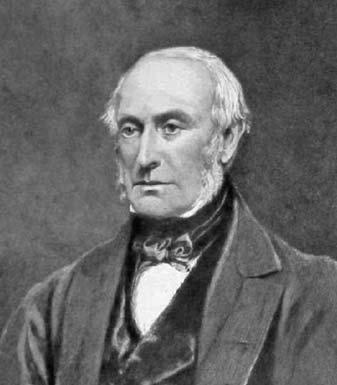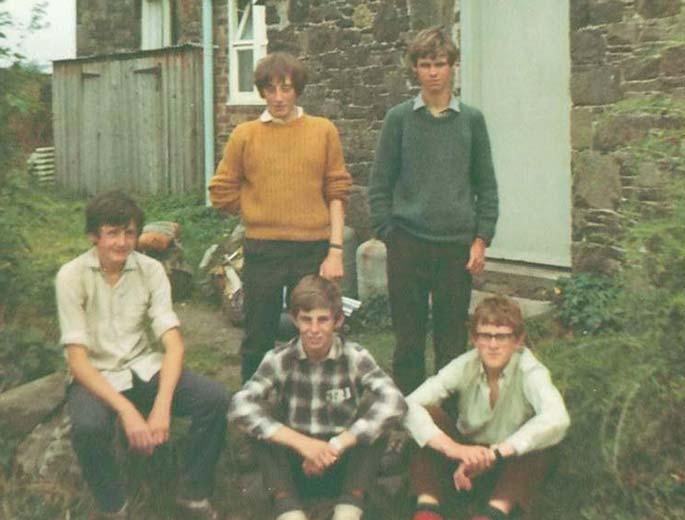School Camps The 1960s Our series of school camps continues into the 1960s. Paul Haggie (60-67) reflects on how camping changed during the decade
T
he sixties saw the twilight of traditional, technology-free camping. At the beginning of the decade, we still utilised the same heavy canvas bell-tents that our forefathers would have recognised from the Boer War – or even the Crimea. The ancient oval dixies too, placed on angle-iron supports over wood or coal fires would have been familiar to earlier generations, as would the heavy wooden trestle tables for the manufacture of sandwiches on an industrial scale. Add in some serious enamel serving equipment, shovels and a pickaxe (pit latrines for the digging thereof) and you had the complete kit. Travel arrangements likewise reflected the twilight of British Rail in all its post-war, seedy steaminess. Grimy expresses took us to places like Thirsk or Northallerton where we would debouche with all our paraphernalia into local buses – or, in the case of Eskdale, for some odd, traditional reason, a coal wagon from Drigg. We’d then proceed to sing until the driver’s ears bled – again songs our forefathers would have sung, some originating in the trenches of the Great War. Once we arrived on site there was a delicious sense of isolation. With the railway station miles away, once the local transport had deposited us in our chosen field, the outside world effectively ceased to exist for a week. No radios, no mobile phones, no iPods. The GPO phone box in the village for emergencies and the daily papers, when they finally arrived at the local village store, represented our only links with the outside world – as indeed they did for the local inhabitants.
6
Eskdale 1964: Martin Rutherford, MIke Barlow and Herr Emers (German exchange teacher) plotting a rouse up Scafell Pike
Even pop music was still in its infancy. At Swaledale in 1962 I recall Mr. Howarth, a rather formal young Languages Master who had clearly had a sheltered upbringing, being convinced that Mike Sarne’s popular hit Come Outside was in fact entitled ‘Gunnerside’. By the time we reached Eskdale in ‘64, all that had changed. Clandestine Radio Luxemburg after lights out on early, battery-crunching transistor radios was the norm, and the songs we had sung with such gusto just a year or two before were as dead as the Dodo. It was a vivid example of how swiftly a bit of popular culture can be totally expunged. A decade later the bell tents and dixies were still in evidence. But our sacks of coal had been replaced by the vaguely controllable primus stove. Coach travel from door to door had replaced the ritual of assembly under the Central Station clock. And instead of a motley collection of woollen jerseys and the odd school raincoat doing double duty, jeans and anoraks had entered our lives, along with footwear rather more adapted to squelching across moorland and scrambling over scree than plimsolls or hobnailed shoes. These external changes were, however, superficial compared with the changes in outlook and expectation of the participants. In the early 60s a school camp was often the first time we had escaped from the protective cocoon of the parental holiday. A first taste of relative freedom. For many town-bred boys it was the first time they had come close to real nature. To swim in a beck rather than a swimming pool. To discover the perils of boggy moorland, the frustration of climbing only to reach a false summit and the exhilaration of finally reaching the real thing.








